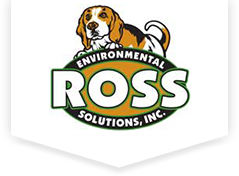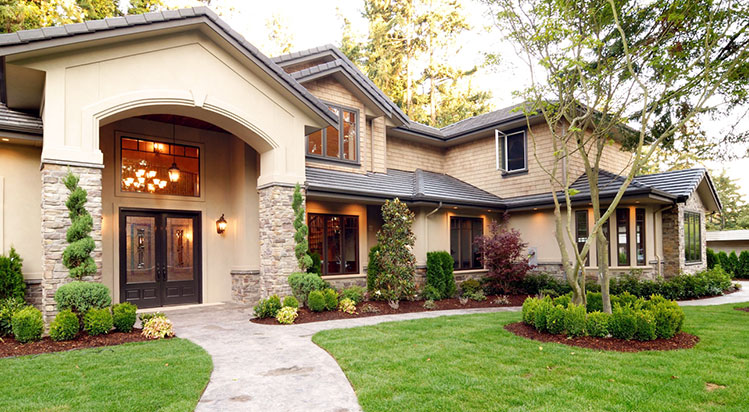Do Raccoons Store Food & Hibernate During Winter or Stay Active in Bridgeton, NJ
Are raccoons active during winter? The answer to this questions isn’t completely cut and dry. Raccoons will hibernate during winter and so raccoon control isn’t necessary during the winter season. However, why then do homeowners still occasionally see raccoons invading the trash can and yard during winter? Ross Environmental Solutions would like to shed some light on this subject and answer this question as to whether or not raccoons hibernate in the winter, or are they still considered a pest problem.
Do Raccoons Hibernate?
Raccoons seem to be most active during the spring and summer seasons and can be seen rummaging around urban areas looking for food. Raccoons do eat more food towards the end of the year to store fat for the winter and prepare to go into a long sleep. However, this isn’t actually hibernation. Raccoons don’t really hibernate. Instead, they go into a long sleep called Carnivorean Lethargy which is like a deep sleep but one they will occasionally awaken from. Due to the rising global temperatures of late, raccoons have been waking up more frequently during the winter months. When raccoons awaken from a long sleep they will once again begin searching for food to store more fat. Because raccoons don’t truly hibernate they can remain a pest problem all year long. However, the good news is they don’t typically reproduce until spring.
How to Keep Raccoons Away from Your House & Backyard
This answers the question as to raccoon’s hibernation habits. Now you know they do indeed take very long naps, with occasional breaks. When a raccoon awakens from their long sleep, they will begin to invade homes in search of food. This is why you will want to be prepared for raccoons even in the winter. Some suggestions for raccoon control during the winter is having trash cans that are sealable and can keep raccoons out of your trash cans. Avoid leaving pet food outside for long periods of time. This will just invite raccoons into your yard, especially when food becomes harder for them to find. Motion sensor lights will help warn you when raccoons may be lurking around your home and can also scare them off.
Raccoon Wildlife Removal
The most common type of raccoon control is live capture traps. When a raccoon has been captured, the pest control company will be out to remove the raccoon. Sometimes raccoons aren’t just interested in looking for food, some will find their present domain a little bit uncomfortable and may be looking for a better place to sleep. Keep an eye out for evidence of raccoons chewing or scratching around your home, especially around your roof and attic spaces. Raccoons are also often found sleeping in sheds or even garages in the hope for a free meal when they wake up. It is best never to directly engage raccoons. They are known to carry some diseases and can severely hurt both people and other pets, including dogs. When a raccoon is found inside your home, such as attic spaces or the garage, contact Ross Environmental Solutions. We can come and safely remove raccoons along with other forms of wildlife all year around. For all your pest control needs, contact Ross Environmental Solutions!


